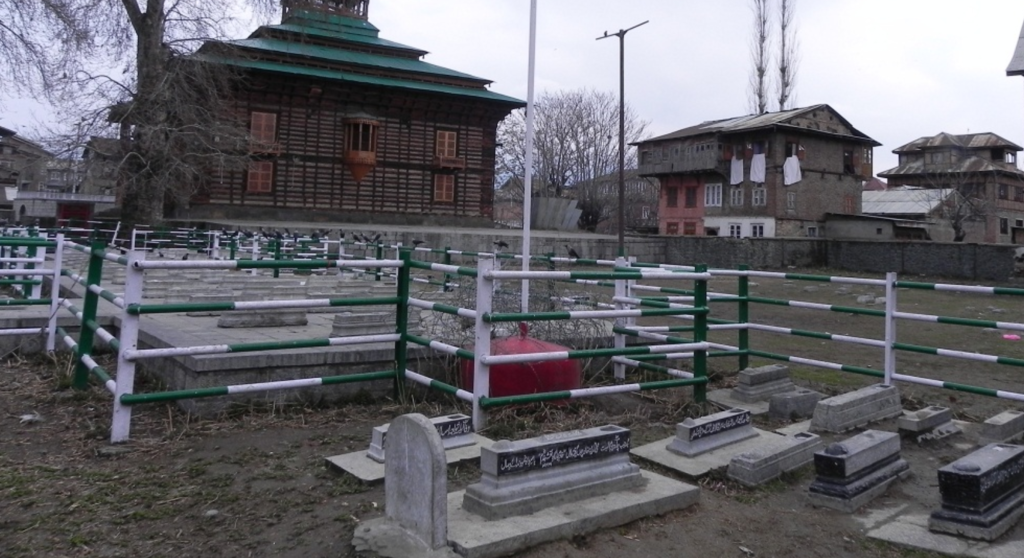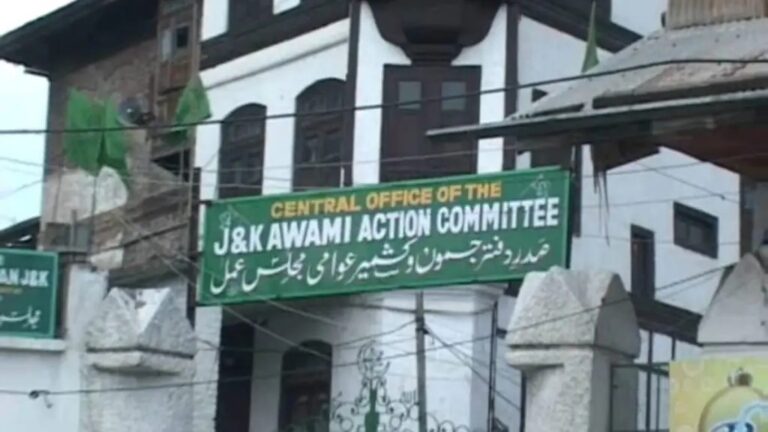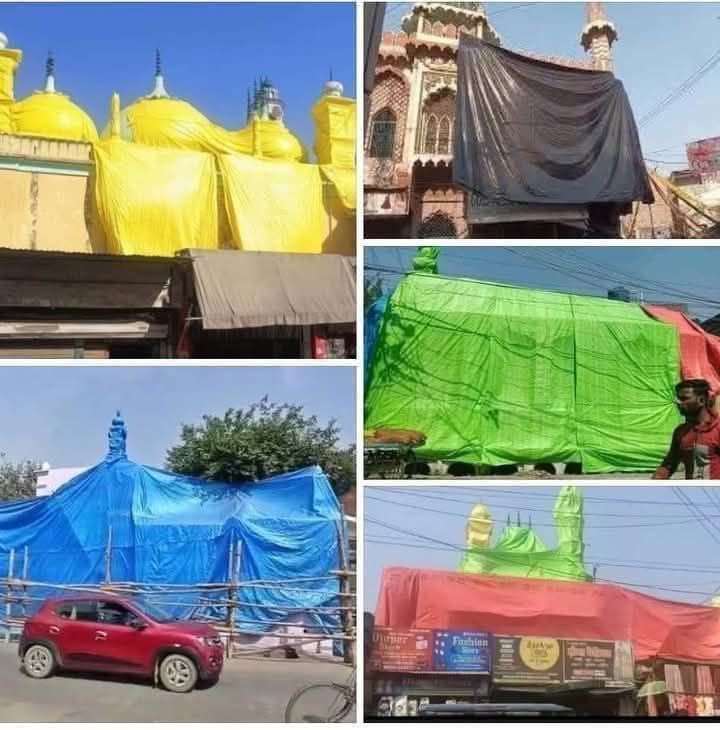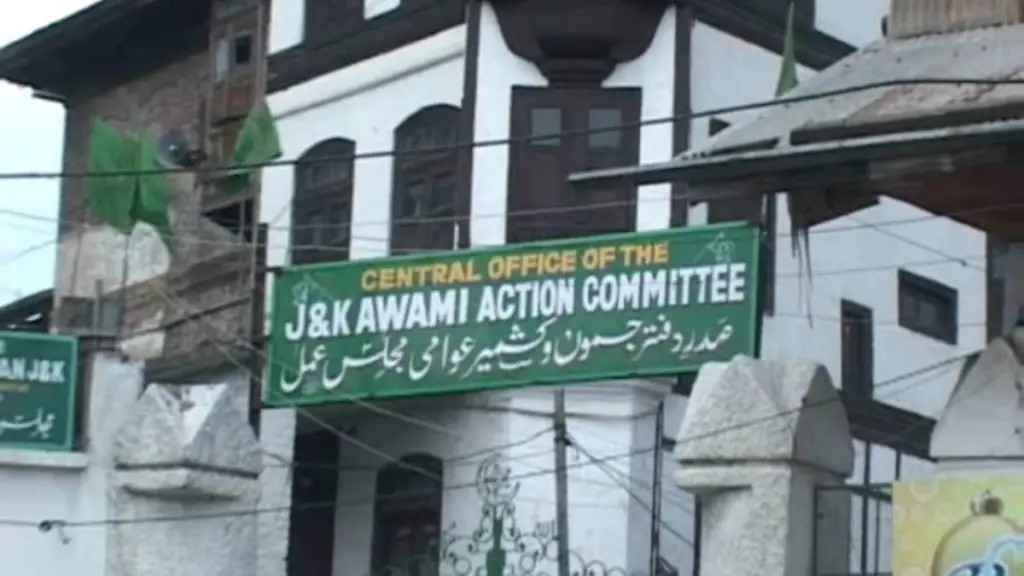
Kashmir Martyrs Day: What Fueled the July 1931 Incident?
Feroz Ahmad Teli
Not many know that the events of 13 July 1931 were fueled by a systematic religious suppression, meddling in religious affairs, blasphemy, and desecration of the Holy Quran. The tyrants of the day back then employed anti-Islam tactics that eerily resemble the ones being used today! While the rule of those despotic tyrants is over, we await the fall of present-day oppressors who, in their arrogance, have now crossed every limit and interpreted the silence of Kashmiris as their final victory!
Every year on July 13th, Kashmiris on both sides of the Line of Control and across the globe observe Kashmir Martyrs’ Day, or Youm-e-Shuhada-e-Kashmir. This occasion commemorates the 22 brave souls who were martyred in 1931 while striving to free Kashmir from the brutalities of the despotic Dogra rulers. This tragic day marks a significant milestone in the history of the Kashmiri struggle against foreign occupation and symbolizes the spirit of resistance against tyranny and oppression.
The events of July 13, 1931, were ignited by the Dogra regime’s direct interference in the religious affairs of Kashmiri Muslims and a blatant disrespect for Islam. The flames of revolt were kindled by a series of incidents that highlighted the systemic oppression faced by the Kashmiri people.
One notable incident involved a prominent landholder in Udhampur, Jammu, who embraced Islam. The Hindu Tehsildar, sanctioning a fresh mutation of his lands, eliminated his name from the records and transferred the property to his brother. When the landholder filed a suit, it was dismissed with the stipulation that he would not be entitled to any property unless he reverted to Hinduism. This blatant act of discrimination was in accordance with a decree issued by the Dogra Government on December 31, 1882, and exemplified the systemic religious oppression prevalent at the time.
Another significant event occurred on April 29, 1931, when Muslims in Jammu gathered to offer their Eid prayers in a garden maintained by the Municipal Committee. The prayers, led by Mufti Mohammad Ishaque, included a Khutba that drew parallels between the Pharaoh’s tyranny and the contemporary rulers. This analogy was deemed treasonous by a police sub-inspector on duty, who ordered the Imam to stop. A young man named Mir Hussain Bakhsh defied the ban, urging the congregation to resist government interference in their religious practices. The protest that followed highlighted the deep-seated political and economic grievances of the Muslim community and thus arousing intense resentment against the Dogra rulers.
Further fueling the discontent was the desecration of the Holy Quran. In June 1931, pages of the Holy Quran were found in a public latrine in Srinagar, an act that no Muslim could have committed. This sacrilegious act was seen as another manifestation of the regime’s disregard for Islamic sanctities. Moulvi Muhammad Yousuf Shah while addressing a public meeting at Hazratbal, urged the people to remain steadfast in their resistance, even if it meant facing arrest or persecution.
The immediate cause of the mass agitation, however, was the arrest of Abdul Qadeer Khan who, according to some historians, was an employee of an English army officer. During a public meeting at Kanqah-i-Maula, he delivered an impassioned speech and urged the people to wage a relentless and decisive war against oppression. His arrest on charges of sedition and treason sparked widespread resentment and mobilized the masses.
On July 13, 1931, thousands of Muslims gathered outside the Central Jail in Srinagar to witness the trial of Abdul Qadeer Khan. The crowd’s demands to observe the proceedings were met with baton charges by the police. As the situation escalated, the police opened fire on the unarmed protestors, killing 22 people and injuring many others. This brutal act of violence by the authorities marked a pivotal moment in the Kashmiri struggle for justice and self-determination.
The martyrs who laid down their lives on this fateful day include Khaliq Shora, Akbar Dar, Ghulam Ahmad Rather, Usman Misgar, Ghulam Ahmad Bhat, Ghulam M. Halwai, Ghulam Nabi Kalwal, Ghulam Ahmad Naqash, Ghulam Rasool Durra, Ameer-ud-Din Makayi, Subhan Makayi, Ghulam Qadir Khan, Ramzan Chola, Ghulam Mohammad Sofi, Naseer-ud-Din, Ameer-ud-Din Jandgaru, Mohammad Subhan Khan, Mohammad Sultan Khan, Abdul Salam, Ghulam Mohammad Teli, Fakeer Ali, Ghulam Ahmad Dar, Mughli, and Abdullah Ahanger. The bravery and ultimate sacrifices of these martyrs are imprinted, in golden words, on our history and serve as a powerful reminder of the unbreakable resolve and spirit of the Kashmiri people who have been going through unimaginable horrors through different periods in history. These martyrs continue to inspire and galvanize generations and left a legacy that is as vibrant and compelling today as it was nearly a century ago.
Fast forward to today, the people of Kashmir continue to face similar oppression. The Indian government, under Modi’s leadership, is rapidly altering the demographic landscape of Kashmir by allocating land to non-local settlers, directly interfering in religious matters, torturing and jailing Kashmiris, seizing properties, and denying martyrs a proper Islamic burial. There is a crackdown on our religion, Islam in numerous ways. India and its military administration in Kashmir have now decided to crack down on our very faith, domesticate it according to their own convenience, and Hinduize the region. The state’s policy-level blasphemy and continuous interference in religious affairs are fueling a new wave of resistance. Just as our ancestors did not tolerate such oppression, the present generation of Kashmiris remains resolute in their fight for freedom and justice.
While we remember the martyrs of July 13, 1931, we honor their bravery and ultimate sacrifice for the cause of justice and self-determination. Their legacy inspires us to continue the struggle with determination and never compromise in any slightest way. The sacrifices of our martyrs are not in vain. Their spirit lives on in our hearts and in our commitment to achieving the dawn of freedom and justice for Kashmir.
Editor's Pick
Recent Reviews
Socials Share
Facebook
Twitter
LinkedIn




